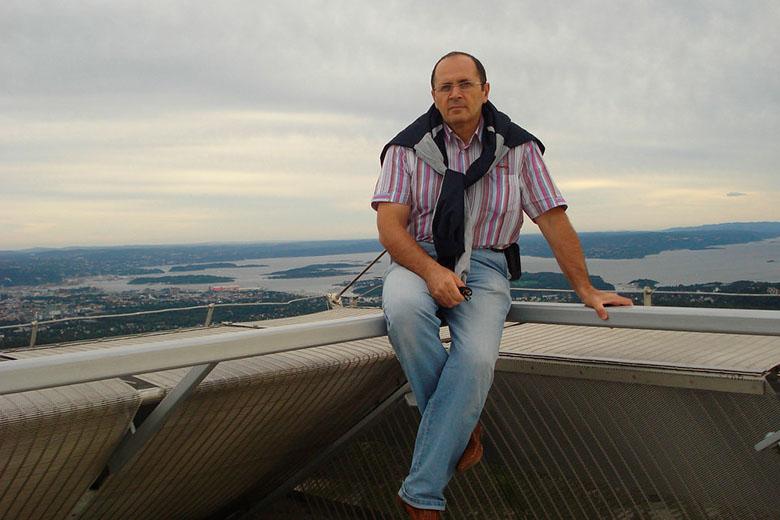Chechen authorities arrested activist Oyub Titiev, who works as the Chechnya office director at a leading Russian rights group, Memorial Human Rights Center.
Titiev, born 1957, took over for Memorial in Chechnya after the kidnapping and murder of his colleague, Natalia Estemirova in 2009. In recent years, he received many threats aimed at making him quit human rights work. Now, his life and safety are in jeopardy. Seven hours after his arrest, Chechnya’s interior ministry confirmed they took him into custody, allegedly on suspicion of a drug-related crime.
At about 10:30 a.m. a witness saw five to six police officials stop and search Titiev’s car by the Khumyk river bridge, not far from the town of Kurchaloi. The officials then took Titiev to the Kurchaloi district police department. When a lawyer from Memorial arrived at the police department that afternoon, an officer refused to let him in, claiming Titiev wasn’t on the premises. Another police officer, however, admitted off the record that they had Titiev in custody. At about 5 p.m., Chechnya’s deputy interior minister informed Russia’s federal ombudsperson, in response to her inquiry, that Kurchaoi police had detained Titiev. Around that time, Titiev’s lawyer was admitted to the station, and local police told him his client was being charged with unlawful drug possession.
Framing people for drug crimes has become an increasingly frequent tactic used by Chechnya’s authorities to punish and discredit their critics in the eyes of conservative Chechen society. In summer 2014, a court in Chechnya sentenced local activist Ruslan Kutaev to four years in jail on fabricated, politically motivated drug charges after he criticized and disobeyed an order by Chechnya’s leader, Ramzan Kadyrov. In fall 2016, another Chechen court sentenced journalist Zhalaudi Geriev to three years in prison on similarly fraudulent drug charges. Geriev worked for the Caucasian Knot, a Russian media portal which was critical of Chechnya’s leadership and had covered Kutaev’s case. Both men were tortured in police custody. Kutaev was released on parole at the end of 2017. Geriev remains behind bars.
In recent years, Kadyrov has often publicly smeared and threatened rights activists, and some of those activists also suffered attacks and harassment by local security officials or pro-government thugs. There’s no doubt that Titiev’s arrest is an attempt to finally push Memorial – which has been extensively reporting on collective punishment practices, enforced disappearances, torture, punitive house burnings, and other abuses by local authorities – out of Chechnya.
Russia’s international partners should publicly express their indignation over this disgraceful attempt at silencing Memorial Moscow and urge the Kremlin to ensure Titiev’s immediate release and continued safety and security.




















































